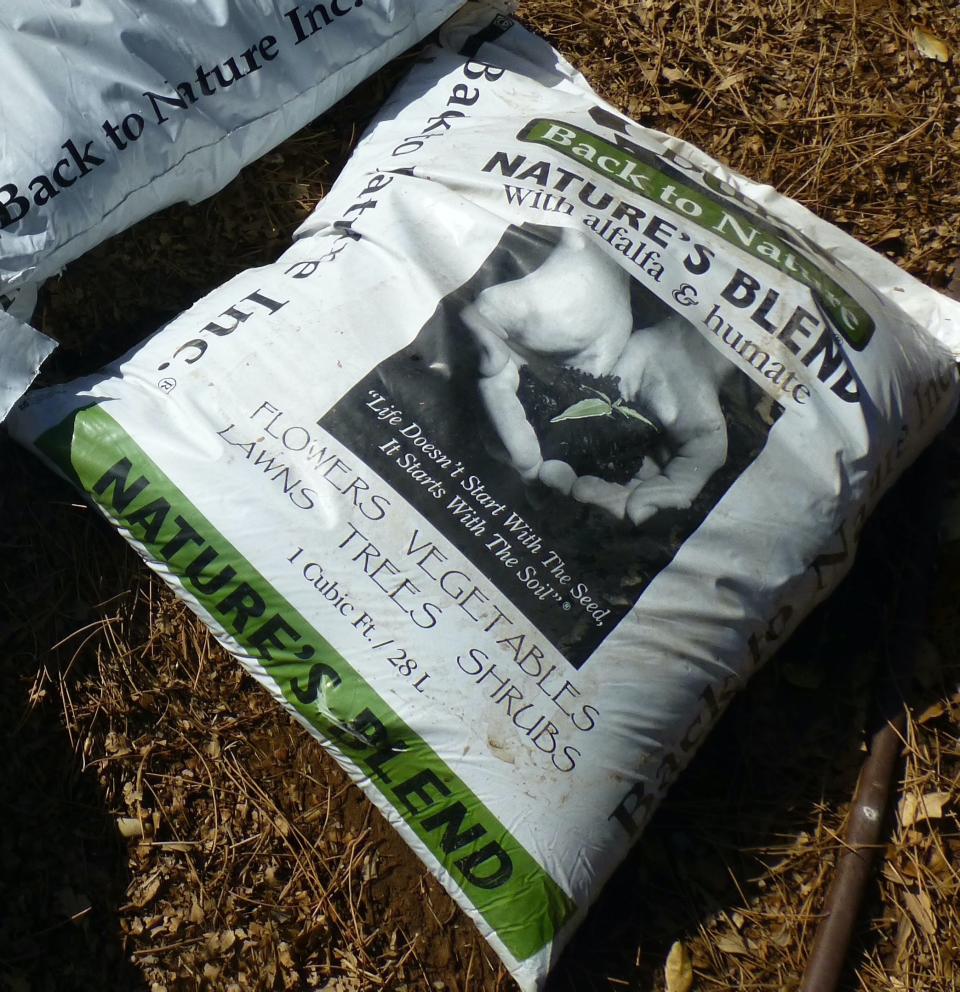Gardening for You: Vegan gardening
Vegan diets are among the top food trends. Devotees of vegan diets eliminate animal-based foods from their food intake while the most serious followers carry this to household and hygiene products and clothing (info@foodinsight.org). Those who grow their own food may extend this lifestyle to vegan, otherwise known as veganic, gardening.

Vegan gardening takes organic gardening to another level. Organic gardening is simply a method of gardening that does not use synthetic pesticides and fertilizers. Organic gardening replenishes soil nutrition and improves soil structure by incorporating plant and animal-based organic matter. Common animal products used to amend soils are mammal manures, bone meal, blood meal, or fish emulsions.
While vegan gardening is an organic strategy, animal-based products are not used. Vegan gardening is organic gardening without the animal component.
Every garden success starts with the soil. Gardening the vegan way just requires a little more thought and ingenuity.
Improving soils with vegan organics is not difficult since plant amendments are already used by most organic gardeners: tilling into the soil shredded leaves, composted kitchen waste, coffee and tea grounds, straw or hay, and commercial bagged products.

Green manuring is an effective vegan gardening technique for improving the soil but one that takes a little more creativity and planning. Basically, green manure is a cover crop grown in the off season for its living organic matter. Benefits of cover crops are two-fold: erosion prevention and adding biomass and living organic matter to the soil with below ground roots and above ground foliage; when legumes are grown, a third benefit is the nitrogen added back to the soil.
Winter cover crops are grown following summer gardens and before spring planting. Crop management is critical as plant matter must be incorporated into the soil before seed set. Common winter legumes are crimson clover, hairy vetch, red clover, and white clover. Popular summer green manure crop is black-eyed peas.
Q&A
Q. A good question about the vegan suet recipe in last week’s (Feb. 22) column came from Lubbock A-J reader Mary S. of Tijeras, New Mexico. Mary asked if peanut and other nut butters purchased at the grocery store are OK to use in the suet feeders.
A. The question likely arose because of the caution in not using salted or roasted nuts in the suet. Commercially prepared nut butter products are absolutely safe. In fact, below is a modified vegan suet recipe I use for our birds:
1 cup Crisco
½ cup Peter Pan Chunky peanut butter
1 ½ cups black oil sunflower seed
2 cups Coaches Steel cut oats
1 cup corn meal
Melt shortening and peanut butter in the microwave. Fold in combined dry ingredients. Ladle about ½ cup of the mixture into bottoms of reclaimed paper coffee cups. Freeze. Pop the bars out of cups, place in bird feeders and wait for the birds to tuck it away.
Ellen Peffley taught horticulture at the college level for 28 years, 25 of those at Texas Tech, during which time she developed two onion varieties. She is now the sole proprietor of From the Garden, a market garden farmette. You can email her at gardens@suddenlink.net
This article originally appeared on Lubbock Avalanche-Journal: Gardening for You: Vegan gardening

